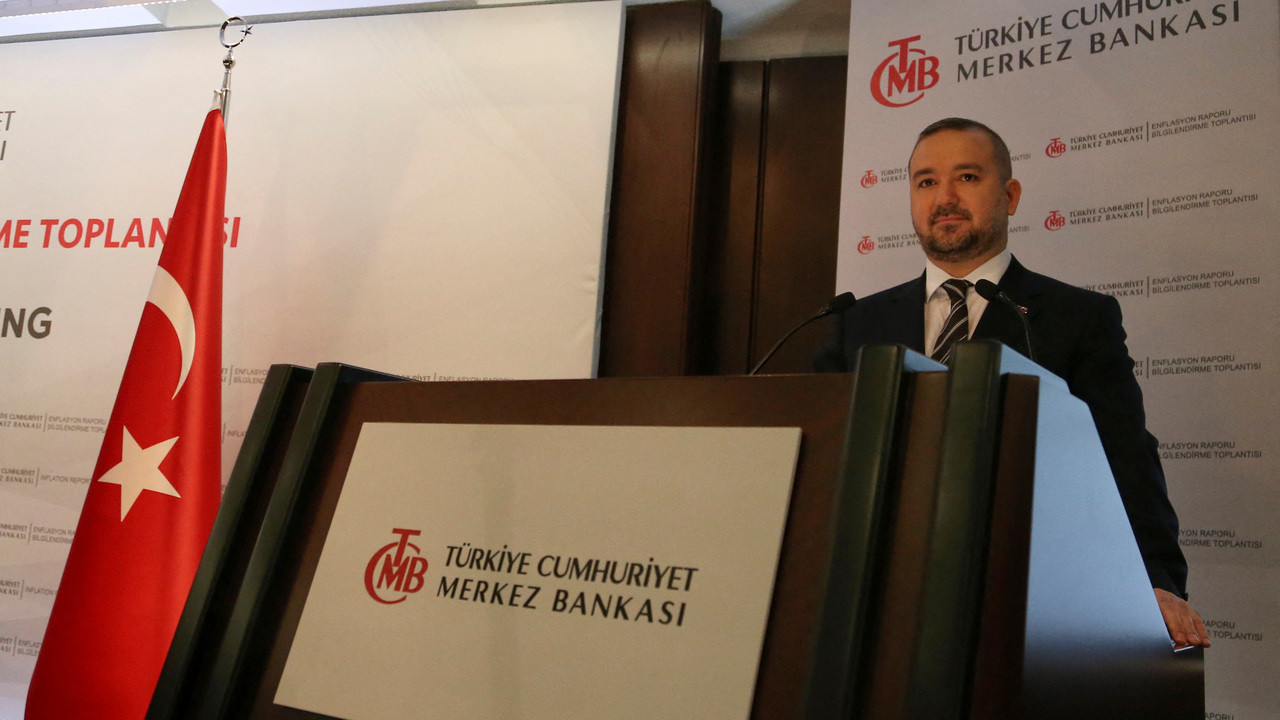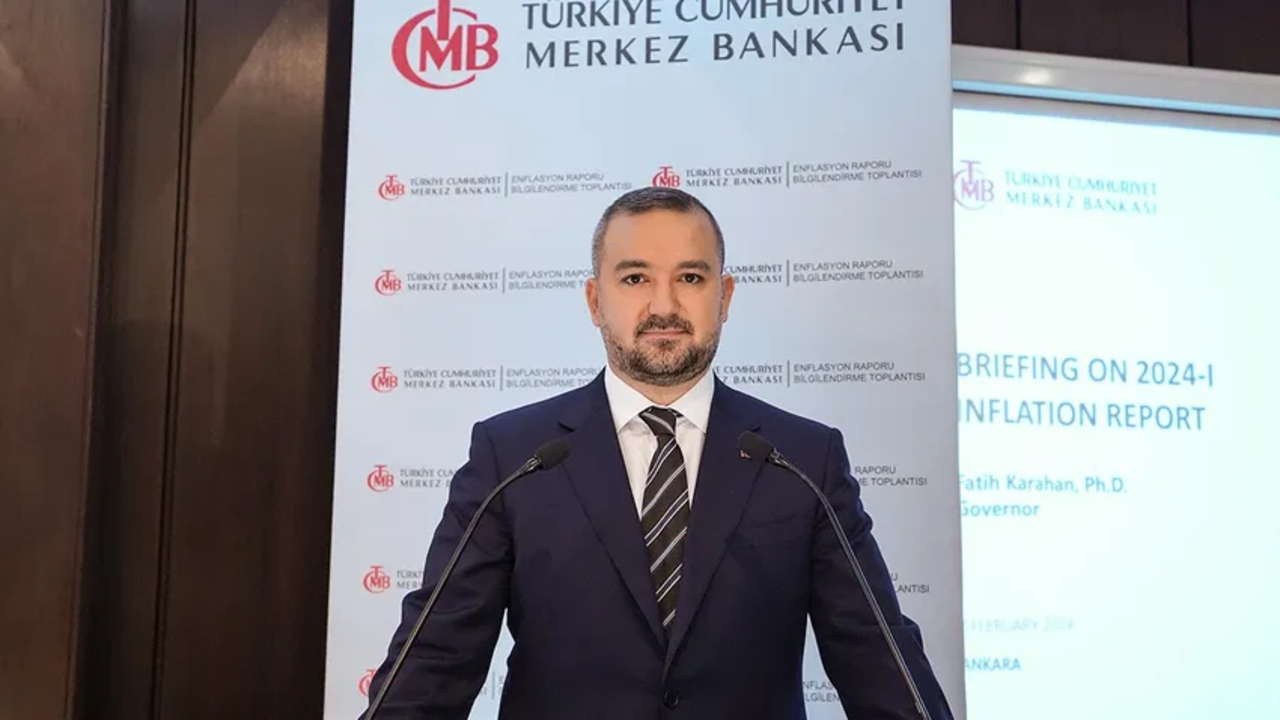Turkish Central Bank's inflation forecast unlikely to materialize, TÜSİAD chief economist says
Gizem Öztok Altınsaç, Chief Economist at TÜSİAD, said that the Turkish Central Bank's inflation forecast would not be materialized because domestic demand has been still very strong. “Government has lost control over inflation,” she stated.
Duvar English
Speaking at the "Turkish Economy in 2024" conference on Feb. 23, Turkish Industry and Business Association (TÜSİAD) Chief Economist Gizem Öztok Altınsaç stated that the Central Bank’s year-end inflation forecast of 36 percent for 2024 “cannot be materialized” as the government “has lost control over inflation since the end of 2013.”
Altınsaç pointed out that the government had implemented a number of policies that were no longer valid in the global context and the cost of these policies was heavy.
The chief economist of the Turkey’s top business group underscored that "the current losses were experienced in plain sight" and noted that although there were opportunities to recover from these losses, they were not capitalized on effectively.
Altınsaç reminded that there was a U-turn in the policies implemented since the second half of last year, and that Turkey's credit default swap (CDS) fell below 300 points with the effect of new policies.
After the May 2023 general election, Turkish President Recep Tayyip Erdoğan has abandoned his unorthodox policy of decreasing interest rates for taming inflation and appointed a new economic administration. The new team has increased key policy rates to 45 percent after eight consecutive months of increases, yet halted the monetary tightening cycle in 2024.
Altınsaç stated that the Central Bank's inflation forecast of 36 percent for the end of 2024 would not be realized, and that they expect an inflation rate above 73 percent.
Turkey’s annual inflation rate hit 64.86 in January. The year-end inflation will stand at 42.96 percent, according to the the Central Bank's Survey of Market Participants.
“The Central Bank's forecast will not be materialized because domestic demand is still very strong. We see that there is a higher demand in January compared to December. Unfortunately, the movement we are experiencing in service inflation shows that domestic demand is and will be stronger than the Central Bank calculates,” Altınsaç said.
She asserted that fiscal policies should also support Central Bank’s moves more and a crucial opportunity lost during summer of 2023 as there should have been a stronger interest rate hike.
"We increased the interest rates gradually, but when you adopt this, you take risks. The direction is right, but there are deficiencies. We need deeper and more detailed policies,” Altınsaç noted.
She emphasized that there has been no has been no increase in productivity in the manufacturing sector for the past 10 years and added, “Therefore, the main issue is not the level of the Turkish lira. If you want, you can set the exchange rate at 45 liras, but without productivity, you cannot succeed. After a while, you will find yourself in the same spiral again."
One dollar was traded for 31.0047 liras as of Feb. 24, a new record high.

 Turkey’s central bank keeps interest rates unchanged under new governorEconomy
Turkey’s central bank keeps interest rates unchanged under new governorEconomy Turkish Central Bank forecasts 36 pct inflation rate for 2024Economy
Turkish Central Bank forecasts 36 pct inflation rate for 2024Economy Market participants set year-end dollar to Turkish lira expectation at 40Economy
Market participants set year-end dollar to Turkish lira expectation at 40Economy